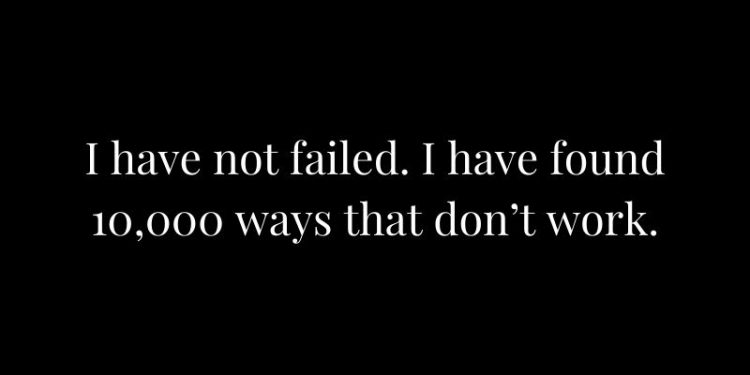As an entrepreneur, it’s easy to feel overwhelmed by the idea of needing vast resources to launch a successful business. But here’s a truth that every seasoned entrepreneur knows: starting with what you have is not failure—it’s a strategic move. It’s about using what’s within your reach to propel you forward, and over time, this strategy will become your competitive advantage.
Folorunsho Alakija, a Nigerian businesswoman and one of the richest women in Africa, started as a secretary in a Nigerian oil company. Her entrepreneurial journey began when she established a fashion label, Rose of Sharon, before venturing into oil exploration. She later obtained an oil license and built Famfa Oil, which eventually became a multi-billion-dollar business. Alakija’s story is an inspiring example of how starting small, coupled with hard work and determination, can lead to big results.
Also take the story of Howard Schultz, the man behind Starbucks. When he first envisioned Starbucks as the coffee empire we know today, he didn’t have the millions in funding or vast resources to make his dream a reality. He started with a single store in Seattle. With his passion, focus, and belief in his product, Schultz turned that small store into a global brand. The key? He started with what he had—knowledge, a strong vision, and an understanding of what people truly desired.
There’s wisdom in the adage, “Use what you have to get what you want.” Starting small doesn’t mean you’re limited, but rather that you are intentionally laying a solid foundation for future growth. When you start with what’s available to you—whether it’s your skills, time, or even limited capital—you’re forced to focus on what truly matters: strategy, creativity, and the ability to adapt. Every big venture starts small, but the key to success is in how you nurture it from its roots.
Consider Apple in its humble beginnings in a garage. Steve Jobs and Steve Wozniak didn’t have venture capital, but they had an idea and a relentless drive to bring it to life. They used their limited resources to innovate, creating one of the world’s most valuable companies.
Remember, it’s not about having all the answers or the biggest investment—it’s about being resourceful. “Success is the sum of small efforts, repeated day in and day out,” says Robert Collier. If you start with what you have and keep going, you’ll find that those small, consistent efforts will eventually lead you to the success you dream of.
Mike Adenuga, the founder of Globacom, Nigeria’s second-largest telecom company, began his journey with small investments in the oil and gas industry. Initially, he made money through a small-scale trading business in the 1980s before venturing into telecom. Despite facing several challenges, Adenuga’s perseverance led him to launch Globacom, which revolutionized the telecom sector in Nigeria and expanded across West Africa. His story reflects the importance of resilience and the ability to adapt and scale business operations over time.
In business, starting small is often the best strategy. You’re not failing—you’re learning, adapting, and creating. The best is yet to come, and it starts with what’s already in your hands.
Do not be afraid to start your business with that little money in your hand, business has dynamics and you will be surprised how that little will so much multiply.










